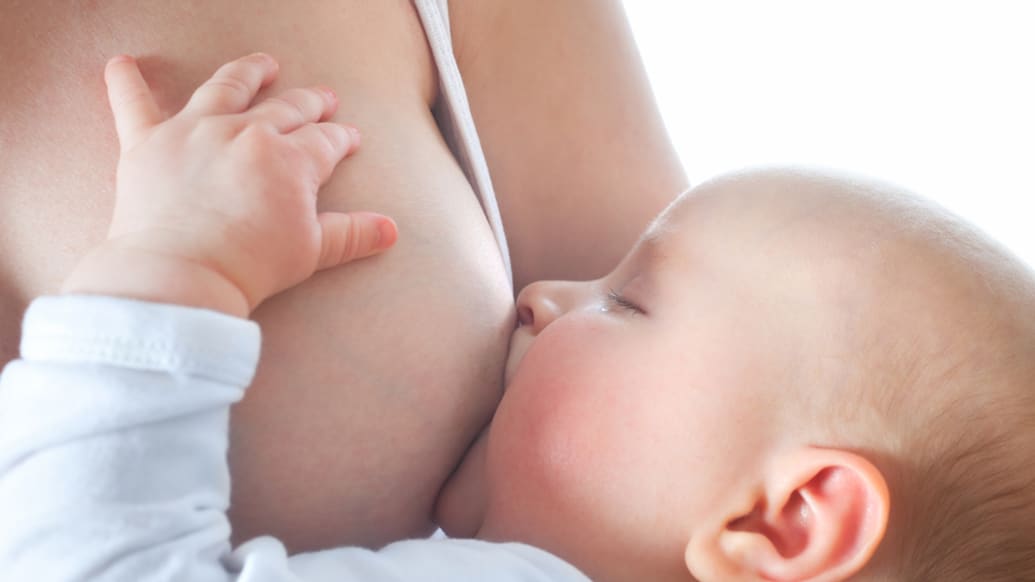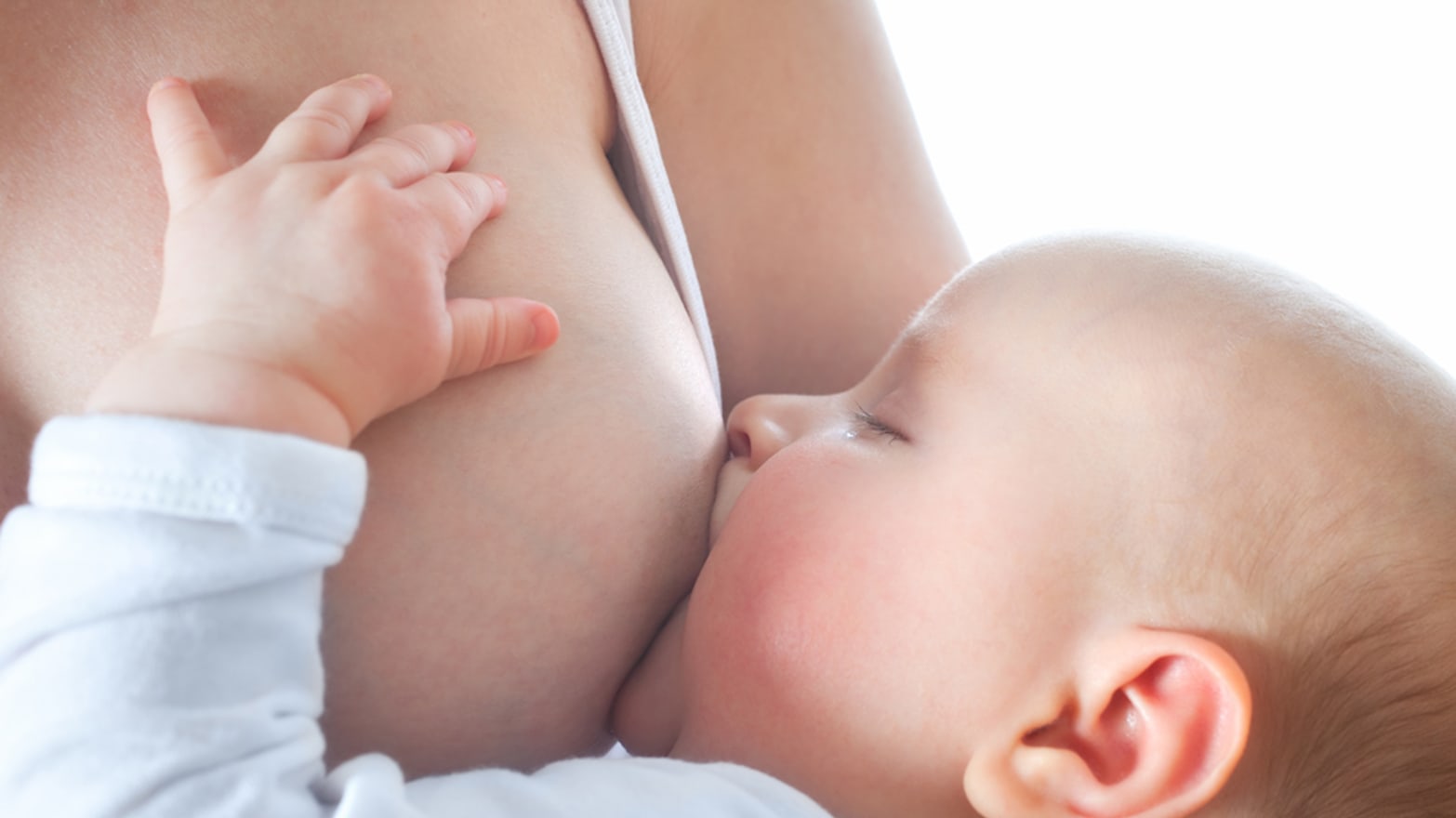When your hungry baby latches to your lactating breast, are you simply nursing your child or making a political statement? If you eschew the boob—either because you are physically incapable of breast feeding, don’t produce enough milk, or merely prefer the convenience of lab-formulated baby sustenance—you are, willingly or not, staking out a position in the battle of the breast.

As a colleague recently noted about the home birth wars, both hospital and home birth advocates are impervious to evidence that undermines their position, making it more difficult for moms-to-be to make an informed decision. Similarly, the breastfeeding wars have forced mothers to take sides in what is often a moral rather than scientific debate. Because regardless of your point of view, supporting evidence can be marshaled from a glut of online material suggesting that, if fed a diet of Similac or Enfamil, your child will grow up disaffected, angry, dumb, fat, lazy, and annoying.
Some moms who don’t choose breastfeeding often feel pressured by pediatricians or other mothers to do so. Indeed, the debate is emotionally fraught on all sides. Take this question, chosen at random, asked of an expert on babycenter.com: “What if I don't want to breastfeed? Will that make me a bad mother?” And this defensive reader reaction: “I don't want to breastfeed either. I'm highly educated and I've read the pros and cons. No, I haven't been sexually abused, nor am I cold and uncaring.” And one from the other camp: “I am not a lactation nazi, as some people call us.” But mothers who do want to breastfeed face a different stigma, often feeling it’s socially unacceptable to take the tit out at a restaurant. Both sides are politicized.
Encounter an opinionated mother with an unbendable position on breast versus bottle and you will invariably hear the phrase, “but a recent study demonstrated that...” And so we have another recent study, this one challenging the current conventional wisdom that breast is best. Published in the journal Social Science & Medicine, the study measured variables commonly analyzed in other breastfeeding studies—BMI, obesity, digit recollection, math skills, reading, vocabulary and scholastic competence—and found that the breast was indeed best. But before the pro-boob brigades claim vindication, the study’s authors attached a rather big caveat: when the study was “restricted to siblings who were differently fed within the same families,” adjusting for various socio-economic variables like class and education, it found that differences in feeding methods were “not statistically significant.”
In other words, modern moms have been oversold on the idea that breast milk is liquid gold—and slaves to Similac need not feel inadequate.
According to the study’s lead author, Ohio State University professor Cynthia Colen, many previous studies were poorly designed. “Many previous studies suffer from selection bias,” she said in a press release accompanying the study. “They either do not or cannot statistically control for factors such as race, age, family income, mother’s employment—things we know that can affect both breast-feeding and health outcomes.”
While the study doesn’t undermine all previous research touting breast milk’s obvious health benefits, it should challenge our culture’s lactation rhetoric that suggests breastfeeding is the best way—if not the only way—to nourish your infant’s wellbeing.

